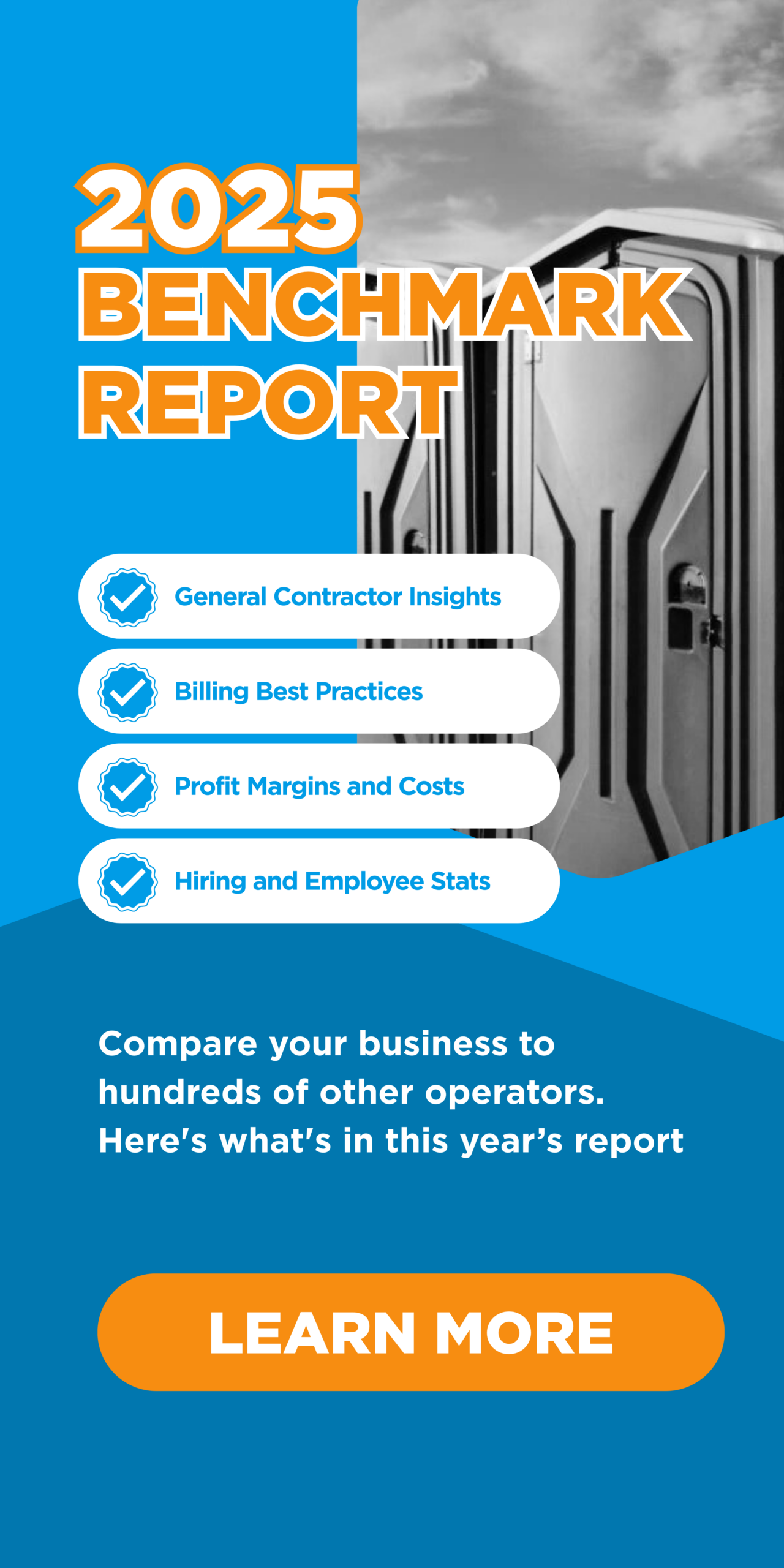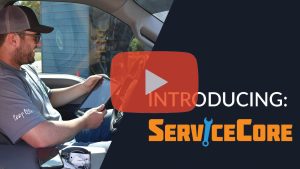Key Tax Tips for Portable Sanitation Businesses
Key Takeaways
- Evaluating sales tax risk is essential to ensure compliance with state laws and avoid over or under-collection of taxes.
- Tracking fixed assets allows businesses to leverage bonus depreciation and Section 179 benefits, maintaining clear financial oversight.
- Understanding the classification of workers as independent contractors or employees is crucial to avoiding payroll tax issues.
- Proper classification of workers can prevent significant financial penalties associated with payroll tax misclassification.
Transcript
Introduction
Host: What’s up, guys? I’m here with Jonathan Langley. He’s a CPA that’s been helping portable sanitation businesses with their taxes, and today he’s going to share some top tips that you should know.
Tax Tip Number One
Jonathan Langley: Evaluate your sales tax risk. It’s important that you understand your state’s sales tax laws and whether you’re over-collecting or under-collecting on those liabilities.
Tax Tip Number Two
Jonathan Langley: Always track your fixed assets. It’s important to understand bonus depreciation and Section 179 benefits for taxpayers. If you’re tracking your fixed assets, you’ll always know where you stand.
Bonus Tip
Jonathan Langley: Always understand the difference between an independent contractor and an employee. There are significant payroll tax risks if you improperly classify one when they’re actually the other.
FAQs
What is the first tax tip for portable sanitation businesses?
The first tax tip is to evaluate your sales tax risk. Understanding your state’s sales tax laws and assessing if you’re over-collecting or under-collecting is crucial.
Why is tracking fixed assets important?
Tracking fixed assets is important because it helps you understand bonus depreciation and Section 179 benefits, ensuring you always know your financial standing.
What is a bonus tip shared by Jonathan Langley?
The bonus tip is to understand the difference between an independent contractor and an employee, as misclassification can lead to significant payroll tax risks.
How can misclassifying workers affect your business?
Misclassifying workers as independent contractors instead of employees can result in significant payroll tax risks, potentially leading to fines and penalties.
What benefits do Section 179 and bonus depreciation offer?
Section 179 and bonus depreciation offer tax benefits that allow businesses to deduct the cost of qualifying assets, improving cash flow and financial management.



